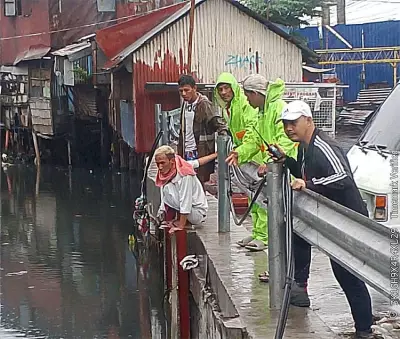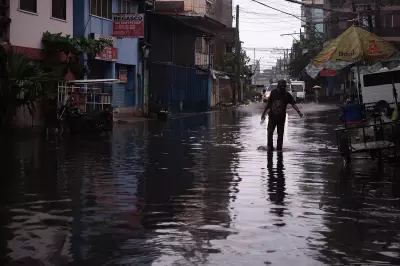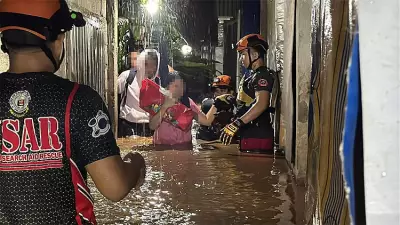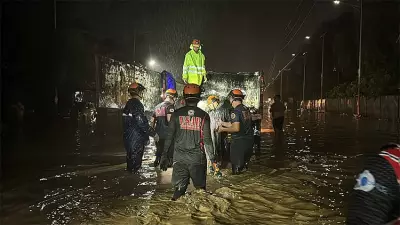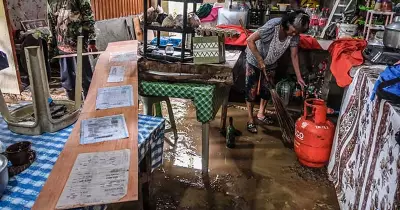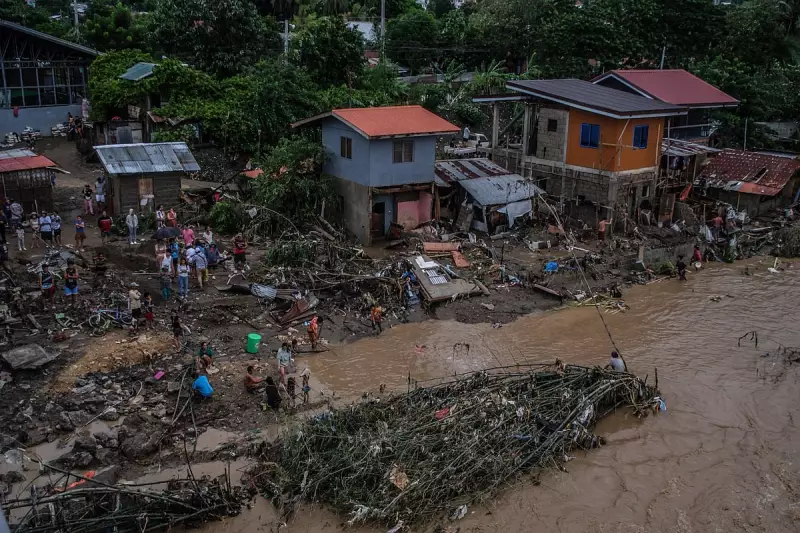
MANILA, Philippines – In a decisive move addressing the escalating climate crisis, President Ferdinand Marcos Jr. has officially declared a state of national calamity across the entire Philippines. This critical declaration, formalized through Proclamation No. 597, comes as the country grapples with the devastating effects of a severe El Niño phenomenon.
Nationwide Impact of El Niño
The presidential proclamation highlights the extensive damage wrought by the prolonged dry spell and drought conditions. Key sectors suffering significant impacts include:
- Agriculture and Fisheries: Widespread crop failure and livestock losses affecting food security
- Water Resources: Critical water shortages in multiple regions
- Public Health: Increased heat-related illnesses and water-borne diseases
- Education: School disruptions due to extreme heat conditions
Government Response and Measures
The national calamity declaration enables the government to implement comprehensive emergency measures:
- Accelerated release of calamity funds to affected local government units
- Price control on essential commodities to prevent profiteering
- Mobilization of all government agencies for relief operations
- Implementation of water rationing and distribution programs
President Marcos emphasized the need for "whole-of-government approach" to address the crisis, directing all relevant agencies to coordinate their response efforts.
Agricultural Sector Hit Hardest
According to latest reports from the Department of Agriculture, the damage to agriculture has reached billions of pesos, affecting thousands of farmers nationwide. Rice and corn crops have been particularly devastated, raising concerns about food supply stability in the coming months.
The declaration remains in effect for six months unless earlier lifted by presidential authority, providing the government with necessary tools to mitigate the El Niño's continuing impact on Filipino communities.

